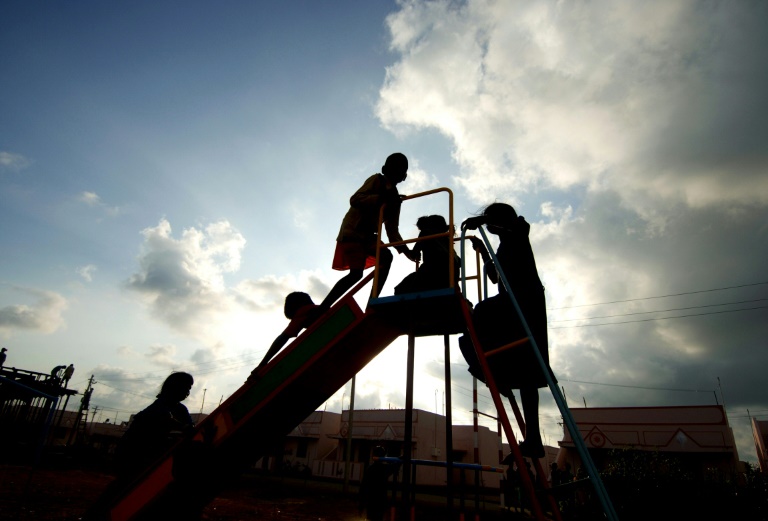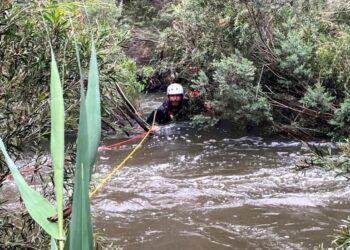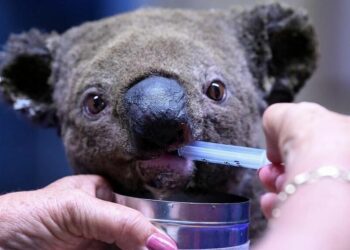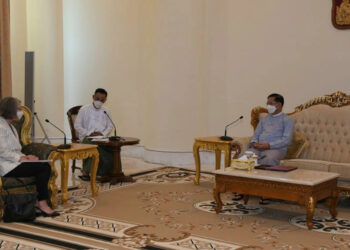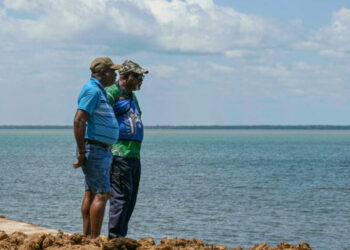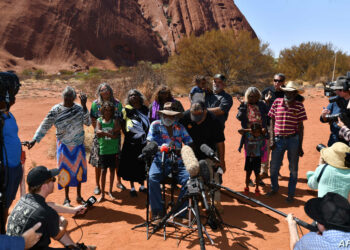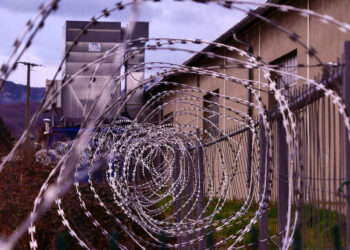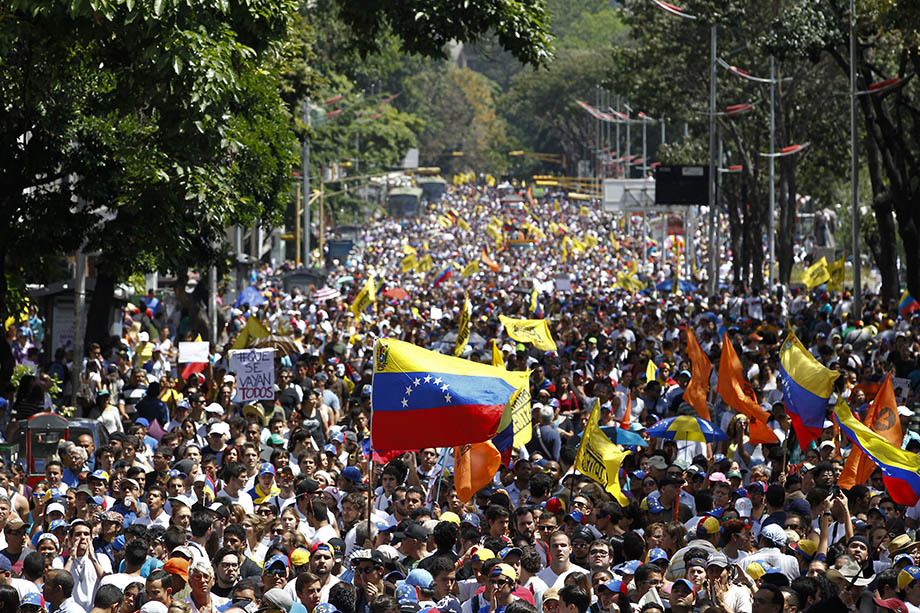In a world first, Australia has recognized that the recruitment of children into orphanages for exploitation and profit is a form of modern slavery.
Interest in the modern manifestations of slavery has been growing globally over the last decade. Where countries have enacted legislation to combat it, the focus has largely been on slavery in the manufacture of products. In an attempt to curb this problem, the U.K. introduced legislation in 2015 requiring businesses to report on actions they have taken to prevent trafficking and slavery in their supply chains. Similarly, in 2017 the Netherlands introduced legislation requiring companies to undertake due diligence to prevent child labor in their supply chains.
It was in this context that an inquiry was launched into whether Australia should establish modern slavery legislation. The initial intent of the inquiry appeared to focus on modern slavery in its more recognized forms, such as forced labor, wage exploitation, and debt bondage in the supply chains of businesses.
However, child rights advocates put forward the case that the inducement of children into institutional care so that a profit could be made from Australian tourists was a form of slavery that needed to be addressed.
Orphanages are Damaging
It has long been recognized that institutional care is harmful to children. To grow healthily, children, especially very young children, need to be cared for by a small number of people who love them, know them well, and are able to respond sensitively to their individual needs.
Orphanages, by their very nature, provide regimented care, with children attended by many caregivers and as a group rather than as individuals. This is a form of neglect. As a result, children raised in orphanages experience psychological damage and delays across all areas of development. Because children in orphanages lack adults committed to them as individuals, they are also vulnerable to physical and sexual abuse perpetrated by adults and other children.
"They were intentionally malnourished to increase the severity of the situation, in order to motivate visiting volunteers to donate more." An ex-volunteer reveals the true cost of orphanage #voluntourism: https://t.co/NwvYE4ScgR pic.twitter.com/8mDRUKKhWU
— Lumos (@lumos) April 18, 2018
Health and child rights organizations assert that institutional care is so damaging that children should not live in orphanages. They maintain that where families are vulnerable and experiencing difficulties, rather than placing children in an orphanage, they should be provided with support so that the children can remain in their care. When this is not possible, care in alternate family environments, such as foster care, is advisable.
Institutionalization of children should be avoided at all costs. It has been described as a human rights violation.
Keeping Children Out of Institutions
In recognition of the harm caused to children in orphanages, national governments including countries as diverse as Rwanda, Indonesia, Brazil, Moldova, and Cambodia have implemented programs and policies aimed at family preservation, alternative family-based care, and transitioning children out of orphanages.
Similarly, a large number of organizations including UNICEF, Save the Children, World Vision, Lumos, the Better Care Network, and the coalition ReThink Orphanages work in a variety of ways including through family support, community building, advocacy, advisory, and education programs to keep children out of institutions.
The tragedy is that most children who experience the maltreatment associated with living in an orphanage are not orphans at all. It is estimated that 80 percent have at least one living parent. Children are most commonly institutionalized for reasons related to poverty. Given that orphanage care costs 5 to 10 times more than it does to support children to stay in their families, it even makes financial sense to keep children out of institutions.
In reality, there is no good reason for children to be placed in orphanages and lots of good reasons to keep them out. However, orphanage tourism has been acting against the movement to keep children out of institutions.
Orphanage Tourism
Orphanage tourism has become relatively common in Australia with organizations facilitating volunteering and visits to orphanages overseas.
ReThink Orphanages found that more than half of universities in Australia offered volunteering placements in orphanages while many schools similarly organized visits to orphanages. The presence of tourists volunteering or visiting orphanages magnifies the harm children experience in institutions by increasing the number of caregivers and broken attachments that children experience.
In addition, while “orphan experiences” are often facilitated to help young people understand the world better, visitors commonly come away from such trips with the belief that orphanages provide needed care and should be supported. And they give money either as a condition of their orphanage experience or because they are moved by the situation the children are in and want to help them.
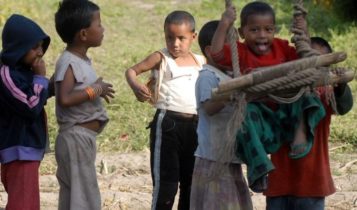
The money that orphanage tourism brings has had a corrupting influence and created a proliferation of institutions and a market in “orphans” to fill them. This is how children become victims of trafficking and exploitation. The process by which children are obtained to meet the needs of tourists varies but often involves vulnerable families being actively targeted and offered education and health care for their child, coercion or even payment to provide their child to the orphanage.
Sometimes parents are told that their child can live in the orphanage for a short time until the family is in a better position, but when they try to reclaim them they are refused. Children will often have a new identity created as a “paper orphan” with a fictional back-story to garner sympathy and funds.
Australia and Orphanage Trafficking
It is this recruitment of children into institutions so that they can be exploited for the financial gain of orphanage directors and others that formed the basis of the argument to the Australian government that such practices are a form of modern slavery.
The Australian inquiry into modern slavery resulted in a report with a chapter on orphanage trafficking and legislation that recognized that “the trafficking and/or exploitation of children in orphanages” is a form of modern slavery.
The legislation itself is, like the U.K. legislation, is directed at organizations. Companies that have revenue of over $100 million have to report annually on the risks of modern slavery in their activities and supply chains, the actions they have taken to mitigate those risks and the effectiveness of their response. Large travel companies that sell orphanage tourism products will be affected by this legislation.
However, the legislation does not make it illegal for Australians to visit or volunteer in orphanages overseas or impact small organizations like schools and churches.
Hopefully though it will perform an educative role in assisting in such organizations to understand why they should avoid orphanage tourism and result in its decline in Australia. And hopefully, other countries will follow suit and institute legislation to protect some of the most vulnerable children in the world from this devastating form of modern slavery.
Disclaimer: The views and opinions expressed here are those of the author and do not necessarily reflect the editorial position of The Globe Post.

